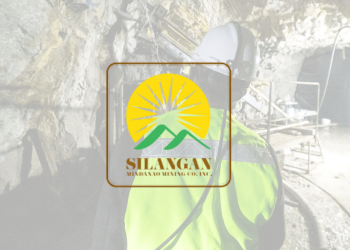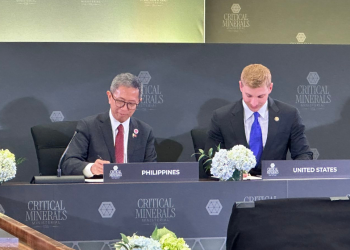The Chamber of Mines of the Philippines (COMP) welcomed the Supreme Court’s decision to nullify Occidental Mindoro’s 25-year ban on large-scale mining, calling it a landmark ruling that reinforces the primacy of national laws over local ordinances.
In an article by the Inquirer, COMP said the ruling provides legal clarity and sets a critical precedent for local government units (LGUs) to align their actions with national mining policies under the Philippine Mining Act.
The High Court ruled that the provincial government of Occidental Mindoro and the town of Abra de Ilog overstepped their authority by imposing a blanket moratorium on large-scale mining. The decision, penned by Senior Associate Justice Marvic Leonen, emphasized that LGUs do not have the power to override national policy through local legislation.
“With this ruling, the High Court provides a steadying hand and the all-essential policy direction that would support the relatively nascent upward trajectory of the local mining industry,” COMP said.
The group said the ruling should send a clear message to other LGUs with restrictive mining ordinances, particularly in provinces like Palawan, which has implemented a 50-year ban on new mining applications.
“If the Philippines wants to be a predictable and consistent place for investments, government at all levels must take deliberate action—such as the Supreme Court verdict—to ensure alignment of all LGU direction with national policies and laws,” COMP added.
The mining group reiterated that while it respects local autonomy, LGUs cannot pass ordinances that contradict acts of Congress. It warned that uncoordinated restrictions from local governments risk stalling sustainable development initiatives and undermining the country’s investment climate.
Meantime, scientists and environmentalists caution that the cost of renewed mining could be the unparalleled ecological heritage. Palawan, for instance, is home to more than half of the Philippines’ remaining primary forests and is recognized by UNESCO as a biosphere reserve. Its forests, mountains, rivers, and coastal ecosystems harbor thousands of species—many of which are found nowhere else in the world.
“The environmental cost of opening up Palawan to more mining operations could be irreversible,” said Atty. Grizelda “Gerthie” Mayo-Anda from the Environmental Legal Assistance Center (ELAC), a Palawan-based NGO, in an earlier statement. “Once you lose biodiversity, you can’t recover it.”
Follow Ang Minero on Facebook and LinkedIn for more updates.














